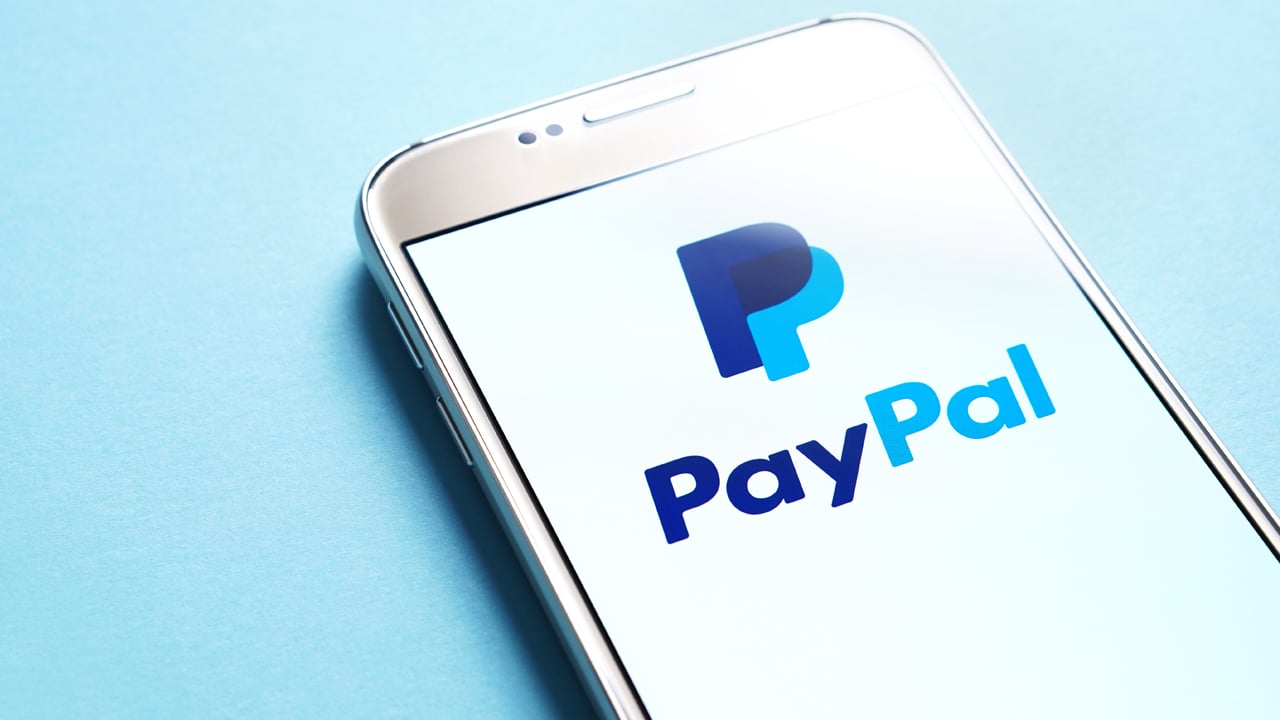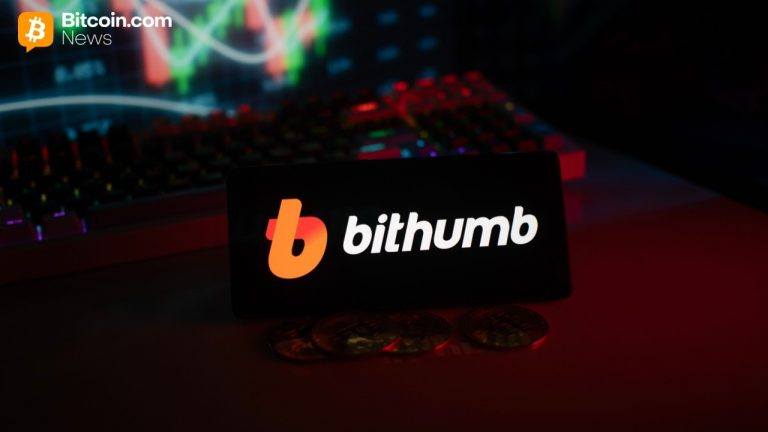New Paypal Policy Lets Firm Fine Users $2,500 for Spreading ‘Misinformation,’ ToS Condemned and Called an ‘Abomination’ – Bitcoin News
5 min read
A new Paypal user policy that permits the company to fine users $2,500 for spreading “misinformation” has caused quite a stir on social media platforms. After November 3, anyone who posts or publishes information or content to “promote misinformation” will be subject to the penalty.
Paypal’s New User Agreement Clause Says It Can Pull $2,500 in Funds From Users That Spread ‘Misinformation’
The payments services corporation Paypal reportedly plans to update its user agreement with a new clause added that fights against so-called “misinformation.” A new update added to the restricted activity section of Paypal’s user agreement shows that people who post or publish hate speech or misinformation “may subject you to damages, including liquidated damages of $2,500.00 U.S. dollars per violation, which may be debited directly from your Paypal account.” The Daily Wire first discovered the upcoming terms of service (ToS) agreement.
The prohibited acts include “the sending, posting, or publication of any messages, content, or materials” that “promote misinformation,” the payments company warns. Of course, the news wasn’t taken too kindly by the general public, and a significant number of social media posts critized Paypal’s decision to implement the new user agreement. Canadian lawyer David Anber wrote: “[Hey Paypal] you have 30 days to explicitly renounce this abomination of a policy or I am permanently closing my account as will millions of others I am sure. Your subjective views on ‘misinformation’ or ‘discrimination’ don’t entitle you to your clients’ money.”
Close you PayPal account. Their new Policy allows them to deduct $2500 from your account for misinformation.
— Tim Kennedy (@TimKennedyMMA) October 8, 2022
Moreover, the Paypal news caught the attention of Tesla executive Elon Musk. When an individual wrote that the new ToS news was “worrying” and “that’s why we need the X platform more than ever,” Musk responded “100%.” Bitcoin supporters, of course, took to their Twitter handles and exclaimed that “bitcoin fixes this.” A great number of people on social media begged others to “close their Paypal accounts” and “boycott” the payment services company.
A new PayPal policy update appears to authorize the company to pull up to $2500 from the accounts of users who spread “misinformation.”
That’s theft surely.
— Sophie Corcoran (@sophielouisecc) October 8, 2022
“Paypal’s new policy lets it pull $2,500 from user accounts for promoting ‘misinformation,’ the Biden administration made easier for the government to spy on Americans, the FBI is acting like the KGB,” Pedro Gonzalez wrote on Saturday. “Venmo is owned by Paypal which is owned by Ebay. Pull away from all 3 ASAP,” another person tweeted. A number of individuals asked how Paypal decides what information is “misinformation” or not, and people many said current times are akin to a communist regime. One person wrote:
And who decides what “misinformation” is? Why, Paypal, of course. I am sure they will be fair. Twitter will restrict your account if they don’t like what you post. Paypal has authorized [itself] to assess monetary fines for bad behavior. Welcome to the Soviet Union.
Paypal’s Long History of Holding Back Funds and Censoring Financial Transactions
Paypal has been accused of censorship for a long time now and picking and choosing sides based on the firm’s own subjective valuations and of course, state orders. At the end of July last year, Paypal revealed it partnered with the nonprofit organization the Anti-Defamation League (ADL) and said it planned to study financial transactions that funded extremism and anti-government groups.
Is PayPal gonna take $2,500 from everyone who said The Laptop From Hell was Russian disinformation?
— Vince Langman (@LangmanVince) October 8, 2022
In 2010, Paypal and a number of other financial giants blocked Wikileaks from getting donations, and it pushed Julian Assange and the non-profit toward bitcoin. In 2019, Paypal shut off ties to sex workers leveraging the adult web portal Pornhub, and at the time 100,000 adult performers were left stranded. In 2020, Paypal merchants who sold products associated with the eight-legged micro-animals called tardigrades or “moss piglets” had issues with the payment processor because the name tardigrade was used by a Balkan arms dealer.
PayPal has a new policy where they can just take $2500 from the account of people that they deem spread “misinformation”.
Retweet if you are boycotting PayPal?
— PeterSweden (@PeterSweden7) October 8, 2022
According to Eric July, owner of Rippaverse comics, two months ago Paypal gave him significant issues when he sold Rippaverse comics using Paypal and credit cards. At the time, $1.2 million was put on hold by Paypal and on October 6, July said that after making an erroneous error of only paying him back half of the funds, “the other half was released,” and “there was no official statement from Paypal as to why.” After a huge hassle, July got back “all of the initially held funds” and he further stressed that his firm would “never be using Paypal again.”
The Rippaverse comics owner added:
It’s a piece of sh*t company and I recommend that small business owners especially avoid using them.
What do you think about the controversy surrounding Paypal’s upcoming ToS agreement that says it can fine accounts for spreading misinformation? Let us know what you think about this subject in the comments section below.
Image Credits: Shutterstock, Pixabay, Wiki Commons, Editorial photo credit: Tero Vesalainen / Shutterstock.com
Disclaimer: This article is for informational purposes only. It is not a direct offer or solicitation of an offer to buy or sell, or a recommendation or endorsement of any products, services, or companies. Bitcoin.com does not provide investment, tax, legal, or accounting advice. Neither the company nor the author is responsible, directly or indirectly, for any damage or loss caused or alleged to be caused by or in connection with the use of or reliance on any content, goods or services mentioned in this article.
Read disclaimer




